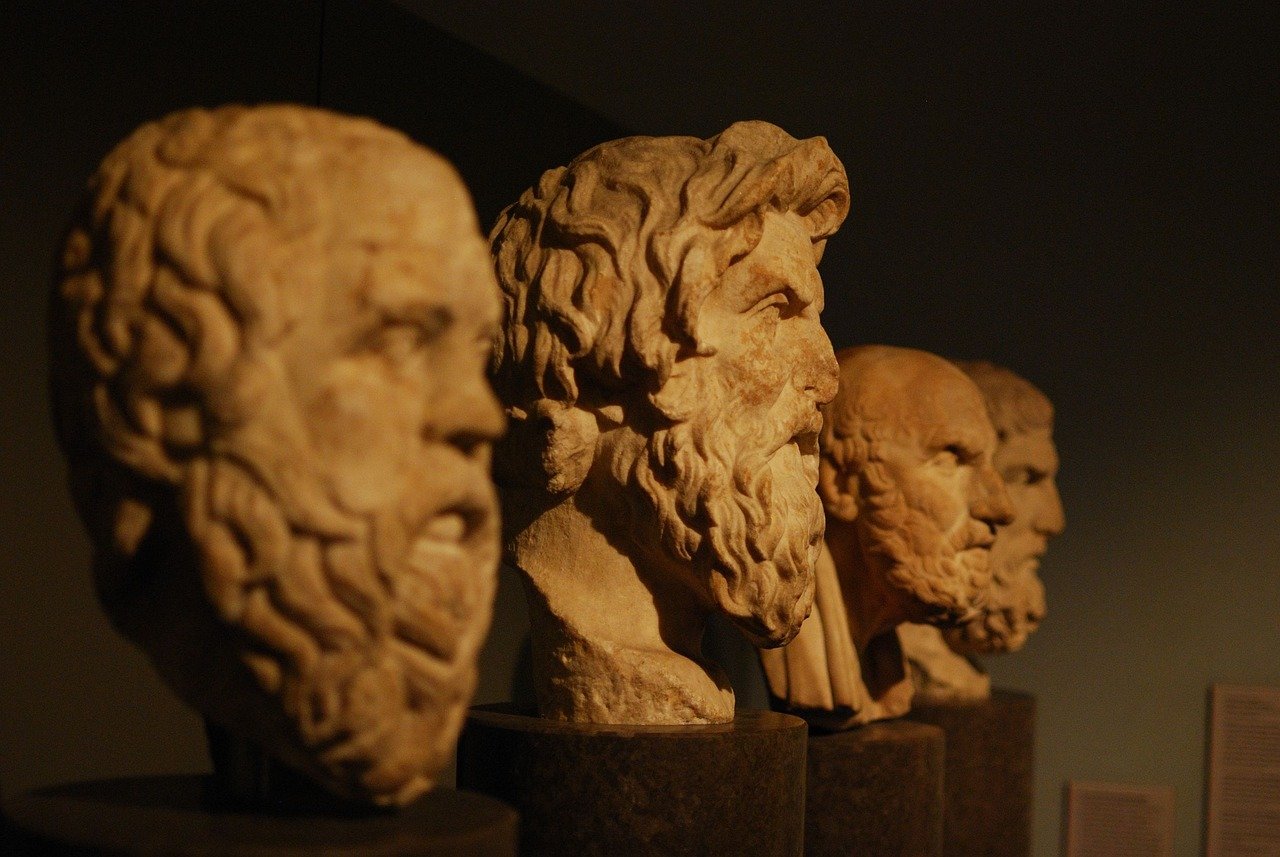The timeless wisdom of ancient Asian philosophy continues to guide modern lives, offering insights on how to lead a more balanced, fulfilled, and moral existence. Among the key figures of this wisdom is Confucius, one of the most influential thinkers in history. Born in Lu (present-day Shandong province, China) in 551 BC, Confucius shaped much of East Asian philosophy with his teachings on personal ethics, social harmony, and moral governance.
Confucius believed that personal improvement—both morally and intellectually—was essential to societal discipline and peace. His life was a testament to his teachings. At 52, Confucius became the chief law officer of Lu Province, where his leadership led to a dramatic decline in crime and injustice. His policies were so successful that he was soon appointed prime minister. Even centuries later, his philosophy remains relevant, offering practical wisdom for dealing with modern-day challenges. Here are six profound life lessons from Confucius that can help you live with more purpose, balance, and understanding.
1. Don’t Give Up
“It does not matter how slowly you go as long as you do not stop.”
One of Confucius’ most enduring lessons is the importance of persistence. In life, the path to success is rarely a straight or fast one. Sometimes progress seems painfully slow, and it’s easy to feel disheartened or tempted to give up. However, Confucius teaches that perseverance is the key to overcoming obstacles. Success, in his view, is not about reaching a specific destination quickly, but about the determination to keep moving forward, no matter how slowly.
This lesson applies to personal goals, professional ambitions, and even emotional growth. Whether you’re striving to build a career, overcome a personal challenge, or develop a new skill, the most important thing is not the speed at which you progress, but your refusal to quit. By continuing to put one foot in front of the other, you guarantee that you’re still moving toward your goal.
2. Do Your Best
“Whatever you do, work at it with all your heart.”
Confucius valued dedication and commitment to one’s work, believing that the effort you put into your tasks defines you more than the task itself. Whether it’s a small, mundane chore or a significant life project, giving your best effort is an expression of your character and integrity. The act of committing fully to whatever you do—whether it’s your career, personal relationships, or personal development—creates a sense of accomplishment and fulfillment.
In today’s world, it’s easy to get distracted, overwhelmed, or feel underappreciated. Confucius teaches that no matter how insignificant a task may seem, approaching it with focus and passion can transform the mundane into something meaningful. By consistently giving your best, you set a standard for yourself and inspire others to do the same.
3. Preparation is Key
“Success depends upon previous preparation, and without such preparation, there is sure to be failure.”
Success rarely happens by chance. It is the result of careful planning, learning, and preparation. Confucius often likened life to the work of a craftsman, reminding us that before great work can be done, the craftsman must first sharpen his tools. Whether it’s preparing for a new job, honing a skill, or pursuing a personal dream, success requires intentional effort and planning.
Preparation doesn’t just mean studying or practicing—it also means cultivating patience and resilience. Building a solid foundation, even if it takes time, ensures that when the moment comes, you’re ready to succeed. Confucius reminds us that hard work, foresight, and dedication are the true precursors to achievement.
4. Friendship Plays a Role in Success
“Do not make friends with anyone who is not better than you.”
The people you surround yourself with can have a profound impact on your life. Confucius believed that the right friendships are crucial for personal growth. Friends who share your values and push you to be better will help you navigate life’s challenges. On the other hand, relationships with negative or unsupportive people can hold you back from reaching your full potential.
This lesson stresses the importance of seeking out relationships that uplift and inspire you. It’s not about associating with those who are better in a superficial sense, but finding people whose qualities—such as kindness, wisdom, and discipline—encourage you to grow. By aligning yourself with those who motivate you to be your best self, you create a strong support system that fosters both personal and professional success.
5. Learn to Forgive and Forget
“To be wronged is nothing, unless you continue to remember it.”
Holding onto grudges or past wrongs only creates pain for yourself. Confucius believed that peace and happiness come from letting go of resentment and learning to forgive. Carrying anger or bitterness can cloud your judgment and prevent you from focusing on what truly matters. In the long run, dwelling on past offenses doesn’t harm the person who wronged you—it harms you.
Confucius encourages us to release negative emotions and practice forgiveness, not because others necessarily deserve it, but because it allows us to live more peacefully. By freeing yourself from the burden of past hurts, you open the door to a more fulfilling and present-focused life.
6. Learn from Everyone
“If I walk with two other men, each of them will serve as my teacher. I will pick out the good points of the one and imitate them, and the bad points of the other and correct them in myself.”
Confucius teaches that every person you encounter can offer you valuable lessons. Whether through their virtues or their flaws, others serve as mirrors to reflect parts of yourself that need improvement or emulation. The key to growth is humility and a willingness to learn from every experience.
This lesson encourages us to be open-minded and attentive, to observe the behavior of those around us, and to seek lessons from everyone we meet. It also fosters self-awareness, as we learn to identify the traits we want to cultivate in ourselves and the ones we want to change. By continuously learning from others, we create an environment of constant personal improvement.
Conclusion
The teachings of Confucius offer timeless wisdom that remains relevant in today’s fast-paced and often stressful world. His philosophy focuses on self-improvement, dedication, and the importance of relationships—all essential elements for a balanced, meaningful life. These six life lessons from Confucius remind us to persevere through challenges, give our best in everything we do, and cultivate positive relationships. They also encourage us to embrace forgiveness and be lifelong learners, finding wisdom in everyone we meet.
By incorporating these principles into your daily life, you not only become a better individual but also contribute to a more harmonious society. Ancient as they may be, Confucius’ teachings continue to offer us the tools we need to navigate the complexities of modern life with grace, purpose, and resilience.





